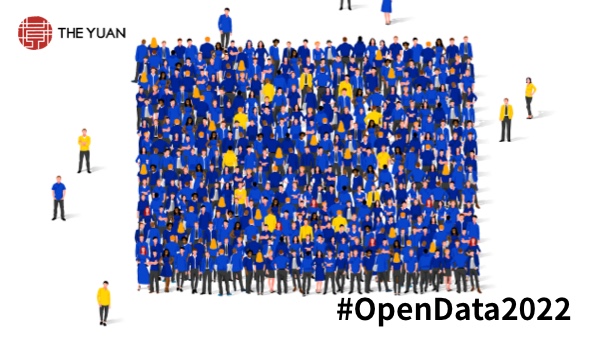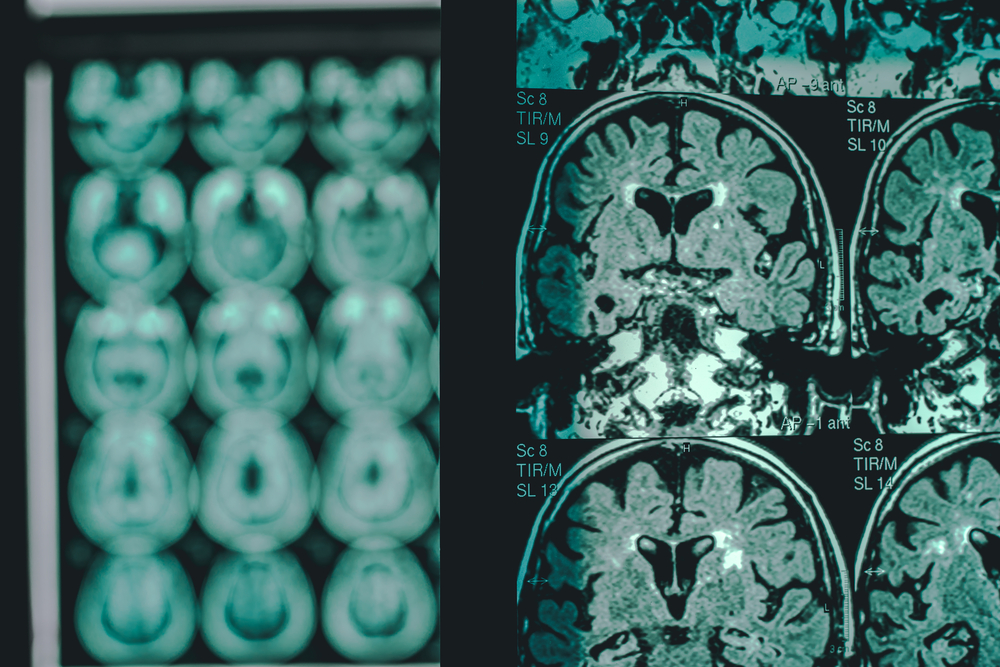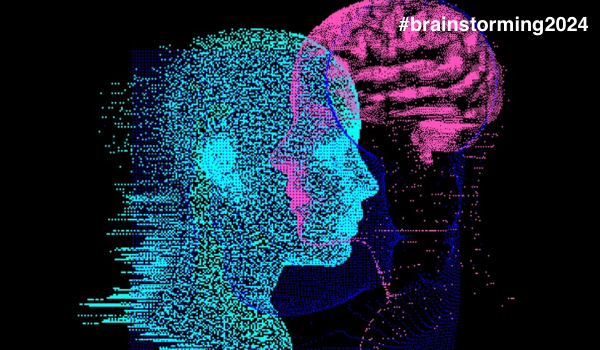


DEGGENDORF, GERMANY -
Data is key to modern healthcare: from expert systems to ML-based systems
Early work on applying artificial intelligence (AI) in healthcare started in the 1970s. MYCIN, an AI first proposed in 1975, is an expert system that identifies bacteria which cause severe infections, such as bacteremia and meningitis. It recommends treatment with antibiotics and adjusts the dosage depending on patients’ body weights. MYCIN is based on Dendral, which is considered one of the first expert systems and was mainly applied to tackling problems in organic chemistry.
Further early uses of AI in medicine have been surveyed in the literature.[1] Subsequent decades have witnessed improvements in computing power, a greater abundance of data thanks to the internet and the digital age in general, and noticeable advances in the fields of computer vision and natural language processing. These have led to a large number of machine learning-based applications in healthcare, including but not limited to radiology, screening, psychiatry, primary care, disease diagnosis, telehealth, the analysis of electronic health records, the prediction of drug interactions and the creation of new drugs, and the prediction of injuries to football players.[2]
European Health Data Space
The European Health Data Space (EHDS) proposed in May 2022 is an initiative within the overall digital strategy of the European Commission (EC),[3] whose aim is to link national health systems more closely through the secure and efficient exchange of health data. The pooling of nationally collected health data is intended to improve care, research, and the infrastructure of individual healthcare systems as a whole.
The EHDS seeks to enhance the qu
The content herein is subject to copyright by The Yuan. All rights reserved. The content of the services is owned or licensed to The Yuan. Such content from The Yuan may be shared and reprinted but must clearly identify The Yuan as its original source. Content from a third-party copyright holder identified in the copyright notice contained in such third party’s content appearing in The Yuan must likewise be clearly labeled as such. Continue with Linkedin
Continue with Linkedin
 Continue with Google
Continue with Google











 1158 views
1158 views






